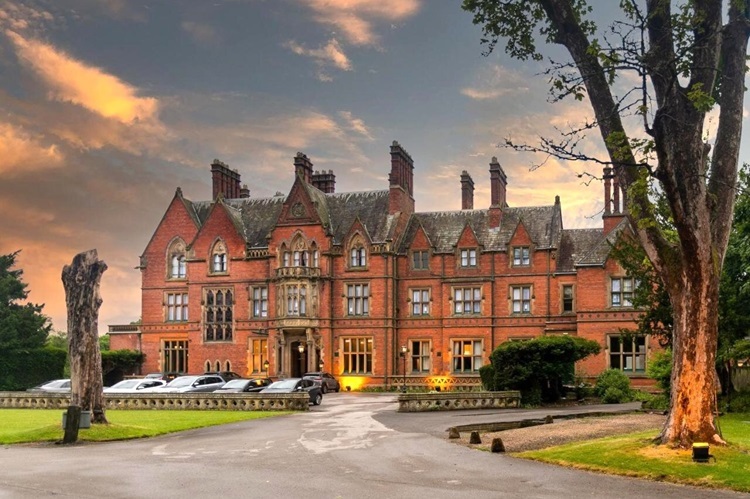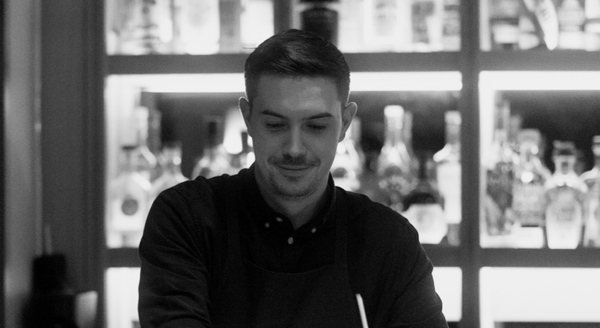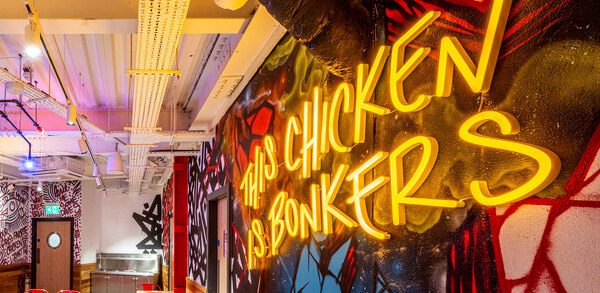Henry Dimbleby on creating a new manifesto for food and farming
The new National Food Strategy is arguably Henry Dimbleby’s biggest challenge to date. The co-founder of Leon is working across government and with the public to map out a new revolutionary vision for the UK’s beleaguered food and farming system.
You need to be a premium member to view this. Join our community for just £4.99 per month, or £54.99 for a full year.
Already a subscriber to The Caterer? Login below:


















